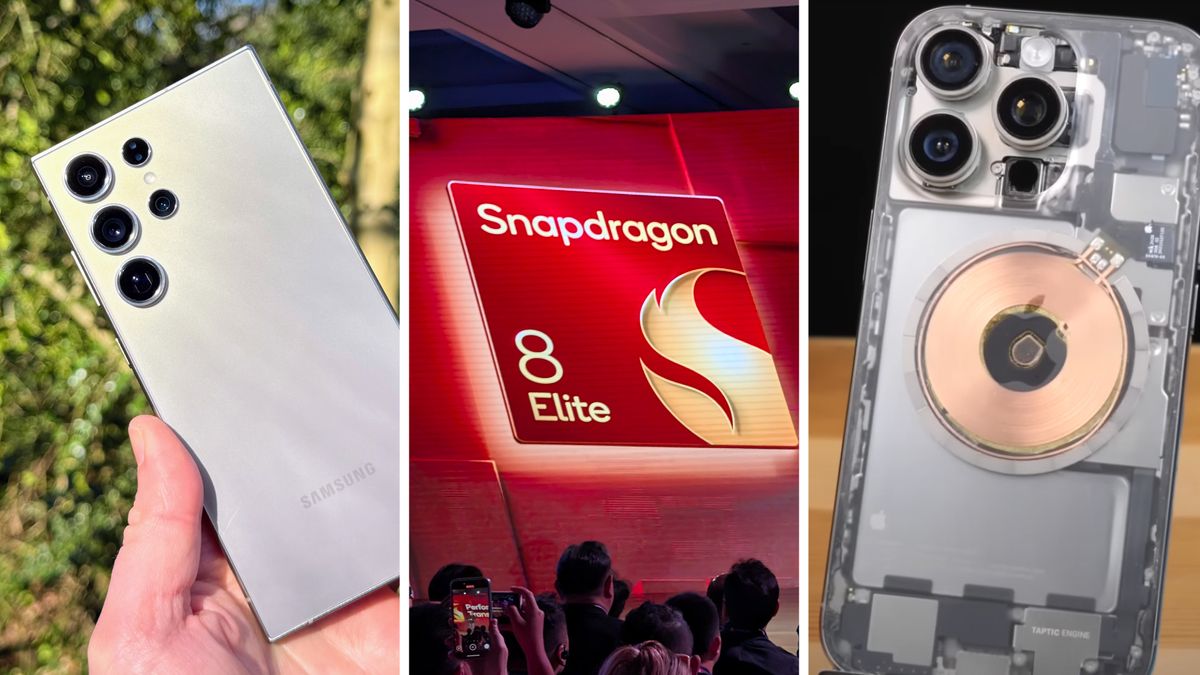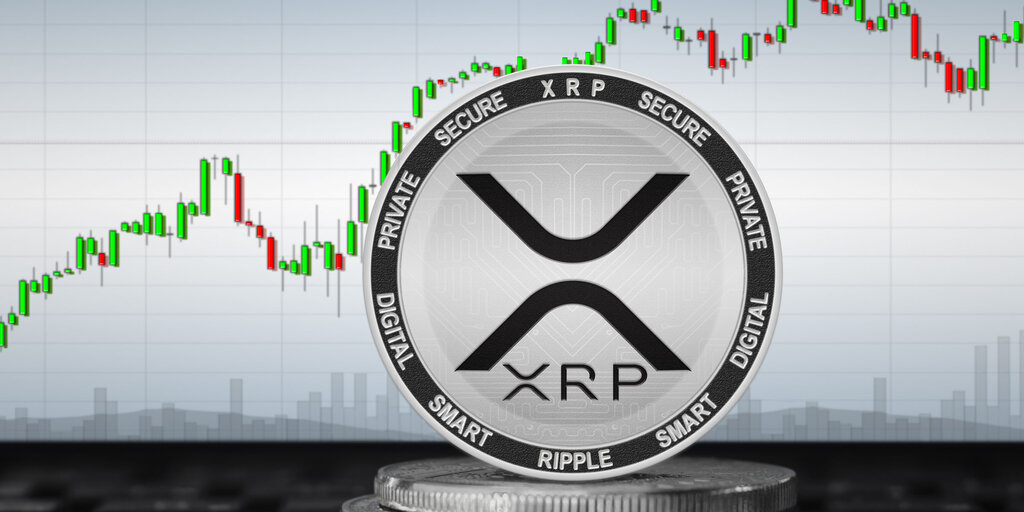Samsung's Galaxy Ring already has a lot going for it. The ring's convenient portable battery case means you don't have to think too hard about when to charge it. The design is comfortable to wear throughout the day and night, and Samsung's Energy Score feels like a step towards what could one day be a digital health coach.
But there are ways Samsung could push things forward, either in a next-generation model or via software updates. A silent alarm, easier access to workout metrics and more gesture controls could make the Galaxy Ring better at its most important jobs: being a sleep and exercise companion.
The smart ring market is growing increasingly competitive. Oura just launched the Oura Ring 4 in October, and the Consumer Electronics Show is just around the corner, where we're bound to see even more health-tracking rings debut. The International Data Corporation predicted in September that the smart ring category could grow by 88.4% in 2024, which would be a massive leap compared to other types of wearables such as smartwatches. That makes Samsung's approach to the smart ring space all the more important in the years to come.
Read more: Smart Glasses Are Going to Work This Time, Google's Android President Tells CNET
A silent alarm
From talking fridges to iPhones, our experts are here to help make the world a little less complicated.
The Galaxy Ring can already tell me how well (or how poorly) I slept last night. But, I want it to let me know when it's time to wake up. A silent, vibrating alarm would make the Galaxy Ring infinitely more useful in that regard. Ideally, I'd want two options: One that wakes me up at the optimal time in my sleep cycle and a manual option to set an alarm at a specific time. Health tech company Circular's smart ring does exactly that, and I'm hoping Samsung follows suit as it'd make the Galaxy Ring feel like a more complete package.
Adding vibration capabilities would likely make the Galaxy Ring thicker and heavier than the current model. But if Samsung ever launches different tiers of its smart ring in various price ranges, much like it does with its phones, perhaps a pricier "pro" or "plus" version of the ring could have an alarm, while a sleeker cheaper version would be sold without it.
From talking fridges to iPhones, our experts are here to help make the world a little less complicated.
Easier way to see metrics on Samsung phones
Smart rings, of course, don't have screens like smartwatches and fitness bands do. That means you need to check your phone after a workout to see metrics like heart rate and burned calories. But a smartphone maker like Samsung can do a better job of working around this by taking advantage of how its wearables work in conjunction with phones. For example, what if you could pin health metrics to the always-on display on Samsung's phone? That would make it easier to see progress during a workout at a glance.
More gesture controls
Using the double pinch gesture to dismiss an alarm.
Lexy Savvides/CNETOne of the Galaxy Ring's most distinct capabilities is its gestures; you can take a picture or dismiss an alarm on your Samsung phone by double pinching your fingers. It might sound a little gimmicky -- and it is -- but I've found it surprisingly useful for silencing my alarm after groggily waking up from a nap.
I'd love to see Samsung take this further. Media playback seems like another opportunity where gestures could be useful. I also like the idea of being able to customize what this gesture can do, such as answering or dismissing a phone call while wearing earbuds or starting and stopping a workout. Or what if Samsung added another gesture, like a single or triple pinch, so that you could choose more than one shortcut?
It's unclear when or if Samsung will release new Galaxy Ring models every year as it does with phones and smartwatches. If it does, we likely won't hear more about it until the summer, which is when the company typically releases new wearable devices and foldable phones. But what is clear is that there's plenty of room for Samsung's tiny health tracker to evolve.









 English (US) ·
English (US) ·